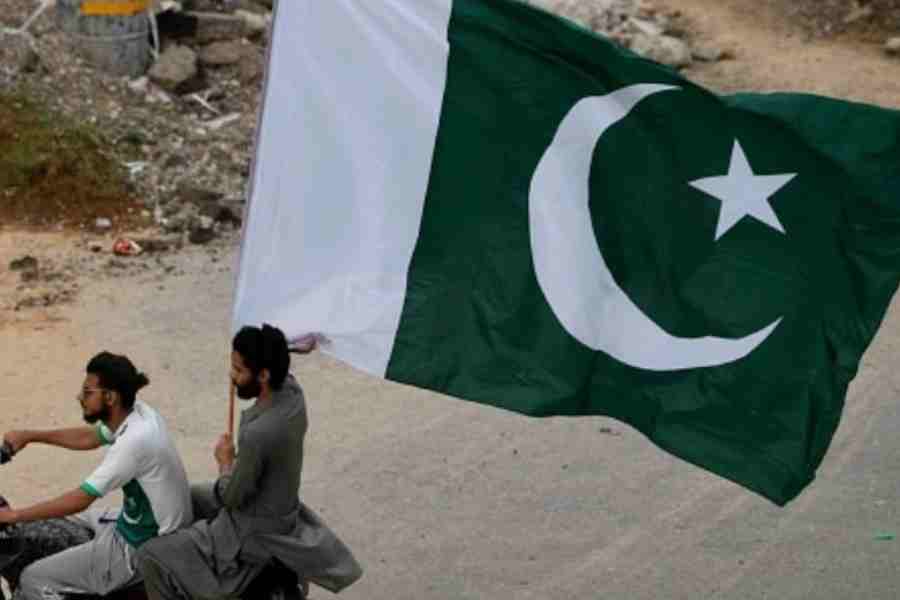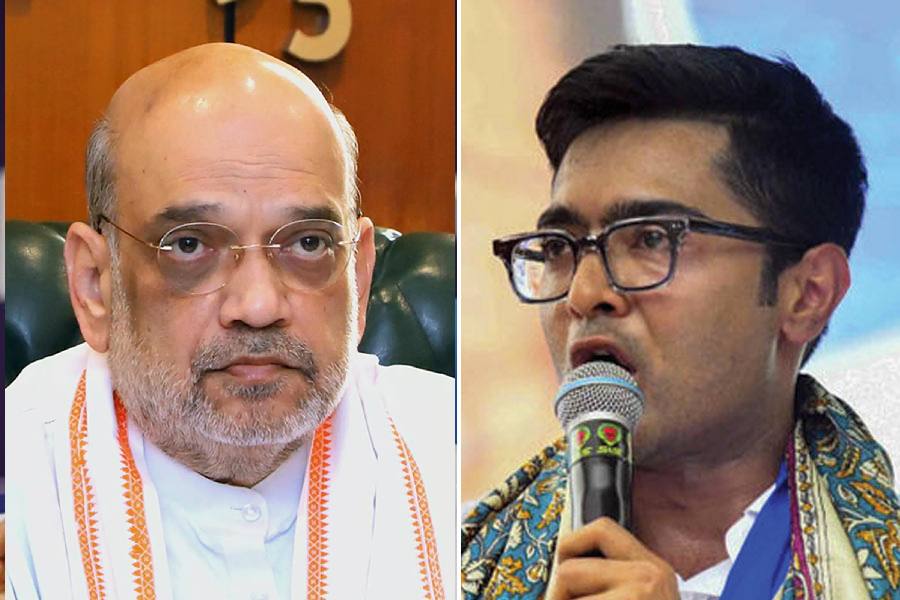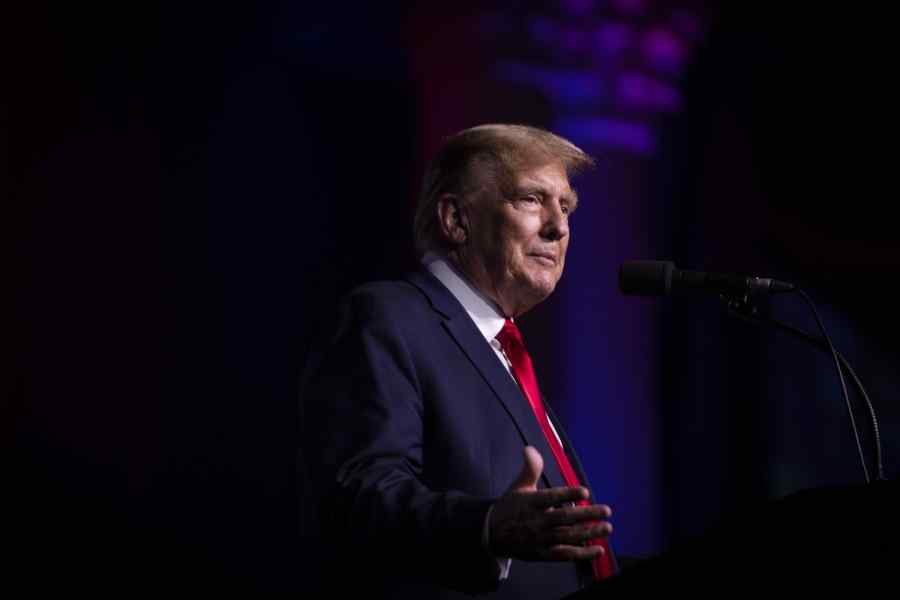Three incidents that took place in August shook Pakistan. The three different incidents are not related to one another, but each of them has left a mark in its own way.
On August 16, churches in Jaranwala, Punjab, were vandalised and scores of houses belonging to Christians were set on fire over blasphemy allegations against two members of the community. The reports and videos coming out of Jaranwala were horrifying. The police seemed helpless and the Rangers had to be called in. Condemnation started pouring in from the caretaker prime minister, Anwaar-ul-Haq Kakar, the caretaker chief minister of Punjab, Mohsin Naqvi, and many other political leaders of Pakistan. Kakar, Naqvi and others also visited Jaranwala to show their support and solidarity with the Christian community. The sense of despair that we heard in the voices of those affected will haunt us for a long time.
Journalists who went to cover the incident came back with a sense of loss, grief and helplessness. The Christians feel the same way. While the government and civil society are trying to help them rebuild their churches and houses, there is no denying that the fear of a mob lurking just around the corner will not go away easily. The State has to do more than just provide financial help. It must ensure that such incidents do not take place again. Only then will our minorities feel secure in their homeland. After all, the white in our flag represents our minorities. We cannot let them down again.
The same week, another incident shook the entire country. Video clips of a 10-year-old girl went viral on social media showing her body with torture marks on it. She worked at the haveli of an influential pir in Sindh’s Ranipur town. In another video, the child was seen struggling to sit up and then collapsing while her alleged tormentor and abuser, Pir Asad Shah, was lying on a bed in the room. She was buried without a postmortem, but when these video clips surfaced on social media, they caused an uproar. Her body was exhumed, and preliminary postmortem suggested signs of sexual assault as well as multiple injuries on her body. The girl had been brutally raped and tortured. The main suspect was arrested. The deceased child’s mother revealed that hundreds of minor/teenage girls are held as maids by the pir’s family. According to the National Commission for Human Rights, four children, along with their mothers, were also rescued from the same haveli.
Last month, when I wrote about the ordeal of the minor domestic worker, Rizwana, I couldn’t have imagined that something even worse could come to light just a few weeks later. The 10-year-old’s shocking sexual and physical abuse and her death have been triggering for so many of us. Her death says a lot about the way that influential people in our part of the world think they can get away with sexual and physical abuse, and even murder, because the system favours them. It speaks volumes about our society and reveals how child labour and child abuse are ignored. This is criminal. In fact, words cannot do justice to the ordeal and pain of those who are the victims of this system. We have failed them, our system has failed them.
The third incident was the countrywide protest against inflated electricity bills in the month of August. Pakistan’s economy is struggling, and the country is part of an International Monetary Fund programme. But the cost of economic mismanagement and misgovernance is now being paid by each, especially those who are struggling to make ends meet. The prices of petroleum products keep increasing and so does the power tariff. We are told that this will continue. Earlier this week, the caretaker finance minister, Shamshad Akhtar, said, “Pakistan is an import dependent country and the commodity prices have to be passed on, as we do not have the fiscal space and any room for subsidies, which is going to hurt people — whether in the shape of electricity or fuel prices.” Inflation, especially food inflation, is making people’s lives extremely difficult.
Pakistan and India celebrated their Independence Days last month, but both countries have lost track of what freedom really means. May we all heal.
Mehmal Sarfraz is a journalist based in Lahore; mehmal.s@gmail.com










